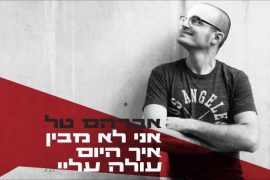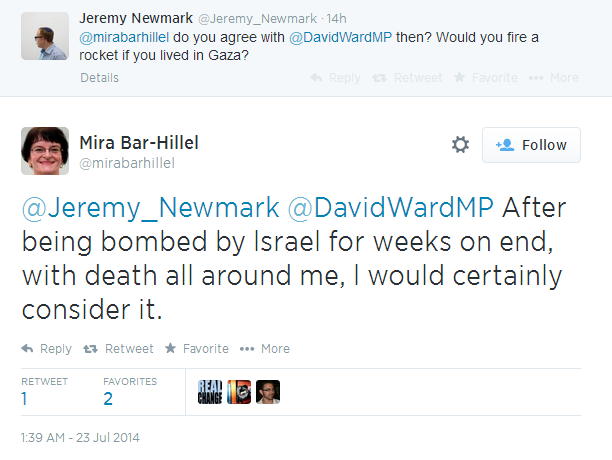1) At the ITIC Raz Zimmt analyses the situation one year after the assassination of Qasem Soleimani.
“…an analysis of Iran’s conduct in the region over the past year indicates that despite the growing challenges, Tehran is determined to continue to further its regional goals, chief among them compelling the removal of American forces from the Middle East, maintaining and expanding Iran’s influence in Syria and Iraq, and providing Hezbollah with advanced weaponry, and particularly precisionguided missiles, for a future conflict with Israel. The Qods Force under Qa’ani’s leadership continues to play a central role in advancing these priorities while delegating some of the authorities of the commander of the Force. Thus, the Qods Force is reverting to a pattern that previously characterized its activities, operating as a small, highly qualified force, working clandestinely through and with proxy organizations operated by Iran.”
2) At MEMRI Alberto M. Fernandez discusses ‘A Second Chance For Sudan’.
“Sudan’s most immediate problem is economic. Inflation ran at over 200% in 2020, exacerbating already widespread poverty and hunger. Supplying fuel, food, medicine, and electricity are major challenges. GDP in 2020 decreased even more than it had the past two years as a result of the coronavirus pandemic. Almost half of all Sudanese between the ages of 15 and 64 suffered from malnutrition as children. And with freedoms won by the Sudanese Revolution comes the right to demonstrate and complain, loudly. Expectations and frustrations are very high. Sudan’s biggest challenge over the next two years is finding a way to show tangible forward motion towards a better life for its people. According to the country’s Charter for the Transitional Period, democratic elections are to be held by late 2022; these would be the first fully free elections in Sudan since 1986.”
3) Simon Henderson gives his view of the conclusion of the Gulf crisis at The Hill.
“It appears that the Gulf crisis is over. The schism between U.S. allies Saudi Arabia, the United Arab Emirates (UAE), Bahrain and Egypt, on the one hand, and Qatar, on the other, is ending today in a flurry of Arab robes and face-masked embraces at a desert air strip in northwest Saudi Arabia.
This being the Middle East, the wording must be cautious and it’s wise to include a “probably” or “perhaps” somewhere. But there is no doubting the potential significance of the news. An often absurd tiff between Washington’s allies has been taken off the front burner.”
4) At the JCPA Michael Segall looks at reactions to a recent revelation by a Hamas official.
“In a memorial tribute to Qassem Soleimani, a senior Hamas official boasted that the assassinated military leader had provided Hamas with $22 million in cash in 2006. Soleimani, the commander of the Iranian Revolutionary Quds Force (IRGC-QF), was assassinated on January 2, 2020, in an American drone strike.
Mahmoud al-Zahar, a founder and senior leader of Hamas, disclosed to several television channels, including Al-Alam, an Iranian propaganda station targeting Arab audiences. His revelation provoked a wave of angry reactions on Iran’s social networks, and the hashtag #Dollar_Bagage (#چمدان_دلار) trended with thousands of mentions in Persian.”






If one country repeatedly states that it intends to “remove another country from the map” that effectively is a declaration of war. The targeted country then has the absolute legal right to eliminate the army generals of the declaring country – plus to destroy all its weapons, munitions and military equipment. Simples !